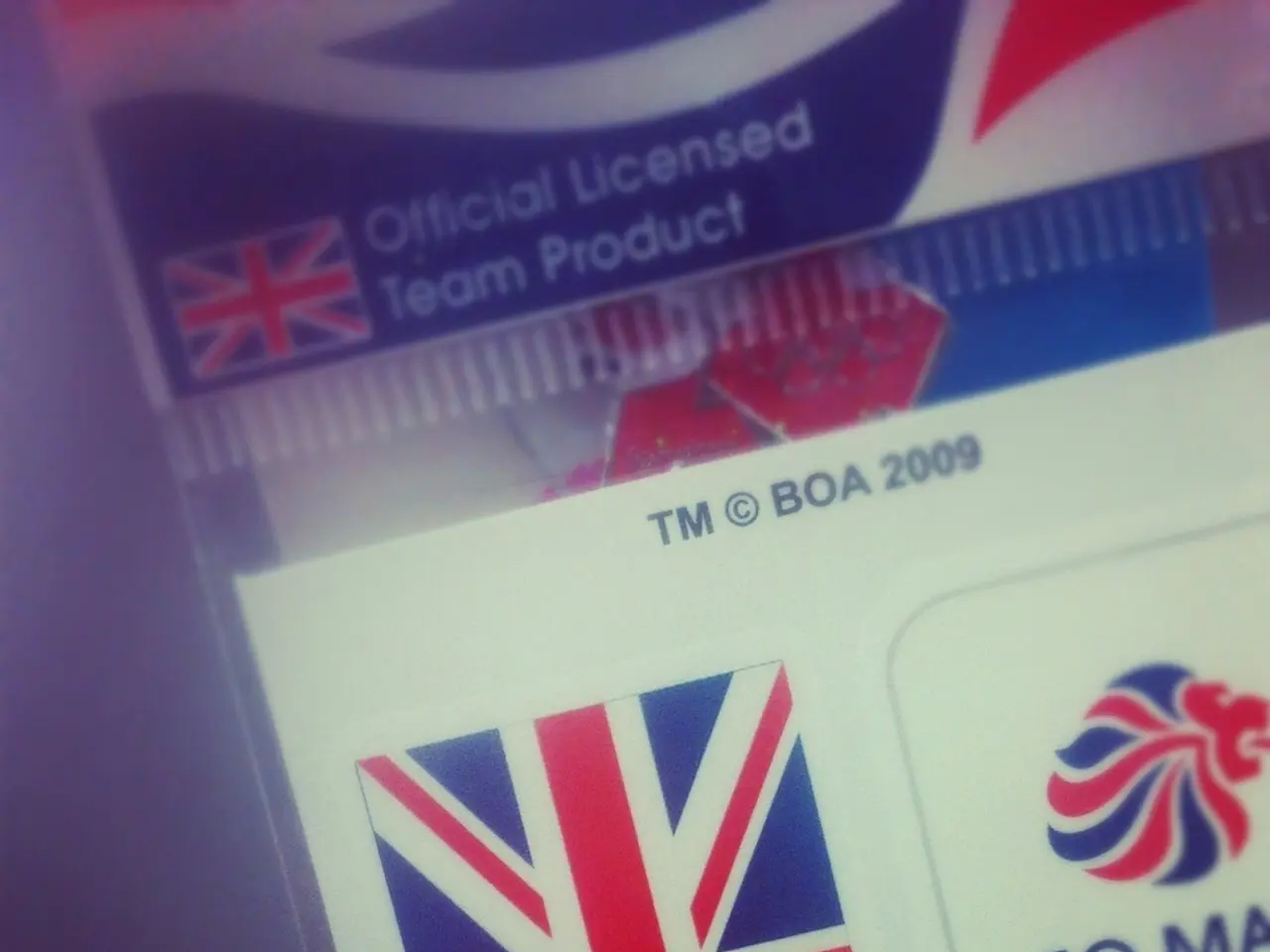Anti-Money Laundering Obligations of Payment Service Providers
In the ever-evolving world of finance, adherence to Anti-Money Laundering (AML) regulations plays a crucial role in maintaining the integrity of the financial system and preventing financial crime. This article provides an overview of the key AML compliance measures for third-party payment processors across various jurisdictions.
Global AML Focus for Payment Processors
Current global AML regulations focus on customer due diligence (CDD), transaction monitoring, suspicious activity reporting (SAR), and compliance with sanctions and beneficial ownership transparency. These regulations require risk-based approaches to prevent money laundering and terrorist financing, with variations reflecting regional regulatory priorities and enforcement mechanisms.
Key Global Frameworks
Several key global frameworks guide AML compliance for payment processors. These include:
- FATF Recommendations: Adopted by over 200 jurisdictions, the FATF mandates a risk-based AML compliance approach, real-time transaction monitoring for high-risk accounts, international cooperation, and implementation of the Travel Rule for virtual asset service providers (VASPs).
- United States: The USA PATRIOT Act requires Customer Due Diligence (CDD), enhanced due diligence (EDD), SARs, and strict monitoring of international transactions, enforced by FinCEN. The 2025 FinCEN Modernisation Rule emphasizes risk-based AML/CFT programs aligned with national priorities and outcome-focused obligations for payment processors and other financial institutions.
- European Union: AML Directive 6 (AMLD6) broadens predicate offenses, increases criminal liability, and enforces tougher penalties. The newly established EU Anti-Money Laundering Authority (AMLA), starting full operations in 2028, is setting standardized customer due diligence rules for stricter supervision, including across third-party payment processors.
- United Kingdom: Post-Brexit AML regulation includes the Economic Crime & Corporate Transparency Act, enhancing identity verification for company directors and persons with significant control (PSCs) to combat financial crime in payment services.
- Russia: AML laws now require real-time sanctions screening for all digital ruble and cross-border transactions, along with stricter beneficial ownership disclosure and enhanced due diligence, enforced by Rosfinmonitoring (Federal Financial Monitoring Service).
- China: AML compliance extends to cross-border e-commerce and fintech platforms, mandating verification of ultimate beneficial ownership (UBO) for merchants exceeding specified revenue thresholds, regulated by the People’s Bank of China and CBIRC.
Differences Across Jurisdictions
While the focus on CDD, transaction monitoring, and beneficial ownership transparency remains universal, differences in AML regulations across jurisdictions are significant. For instance, the USA places a strong emphasis on Know Your Customer (KYC), SARs, and enhanced due diligence with risk-based AML programs, while the EU is moving towards a single AML rulebook and direct supervision, raising compliance standards.
The Future of AML Compliance for Payment Processors
As the landscape of AML regulations continues to evolve, payment processors must navigate a complex patchwork of laws that reflect each jurisdiction’s legal framework and enforcement focus. This requires a robust understanding of the regulations in each market and the ability to adapt to changing requirements.
In conclusion, third-party payment processors must prioritise AML compliance to reduce fraud and regulatory risks, build trust with merchants, buyers, and regulators, and demonstrate a commitment to responsible financial practices. Neglecting AML and due diligence requirements can result in penalties, reputational damage, and lost clients. Compliance with AML regulations is crucial for the long-term success and reputation of payment processors.
Payment processors operating globally must align with various AML regulations that intertwine across industries. For instance, the banking-and-insurance sector, adhering to the USA PATRIOT Act, emphasizes Customer Due Diligence (CDD) and strict monitoring, while technology-driven businesses, such as virtual asset service providers (VASPs), fall under the FATF recommendations' real-time transaction monitoring and Travel Rule. Cybersecurity becomes increasingly vital as regulatory bodies demand stronger KYC and CDD measures to prevent money laundering and terrorist financing, setting higher compliance standards for the business world. Therefore, payment processors must continually adapt and evolve with the advancements in technology and the persisting variations in AML regulations across jurisdictions to maintain credibility, minimize risk, and uphold the integrity of the financial system.




